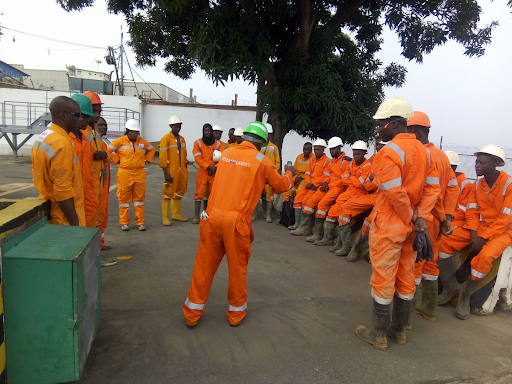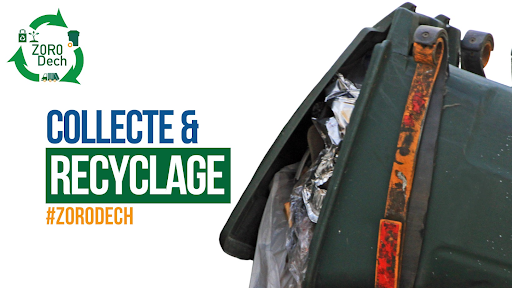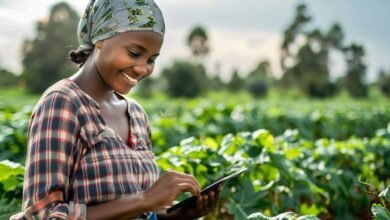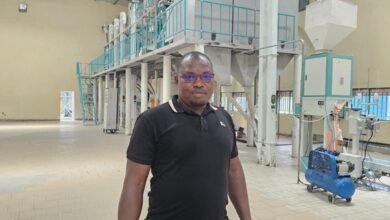Ivory Coast: Collecting, transforming, and valuing waste
In Ivory Coast, two companies stand out for their innovative initiatives in waste management and valorization. Ivoire Oilfield Services and Zorodesh Beraka transform industrial waste and paper into useful resources, contributing to the green economy and job creation. Through these projects, these companies offer solutions to environmental challenges while fostering economic growth.

Waste represents a major issue in Ivory Coast, but it also presents an opportunity for economic development. Two Ivorian companies, Ivoire Oilfield Services and Zorodesh Beraka, have chosen to transform these wastes into resources, contributing to both environmental preservation and job creation.
Ivoire Oilfield Services: From waste to energy

Ferdinand Konan, marketing and public relations director at Ivoire Oilfield Services (IvoS), explains that the company, founded in 2014, initially specialized in industrial waste management. Since 2023, it has ventured into transforming plastic waste, particularly used tires and oils, into biodiesel through pyrolysis. This technology allows for the conversion of polluting waste into renewable energy.
« We have nearly 400 million used tires spread across the Ivorian territory. These tires are not only a threat to the environment but also a source of diseases, as they often harbor mosquitoes responsible for malaria, » Konan points out. For him, the main challenge remains collecting these tires, a task IvoS could accomplish with support from the state or other organizations.
The company targets public communities and industrial companies, particularly in the oil and mining sectors, where industrial waste is abundant. « We collect and transform this waste into biodiesel. It is a real opportunity to turn waste into energy, » Konan adds, discussing the « waste to energy » concept.
Zorodesh Beraka: Valuing paper waste

On the other hand, Zorodesh Beraka, founded by Mouta Kouadio in 2018, focuses on valorizing paper waste. « The public and private sectors use a lot of paper, and much of this paper reaches the end of its life. Rather than incinerating it and polluting the environment, we chose to recycle it, » explains Kouadio.
The company transforms this paper into hygiene products such as tissues and toilet paper. « We started in Abidjan and have since expanded our activities to several regions, including Daloa, Yamoussoukro, and Kourougo, » he continues. Zorodesh Beraka has thus created nearly 300 jobs, with significant participation from women and elderly people.
A Green economy: A source of jobs and growth
Both companies see waste management as a real source of economic opportunities. « The green economy is a new source of growth. We need funding and partners to move forward, » says Konan, highlighting the importance of creating jobs, especially through « green jobs » that help reduce unemployment, particularly among young people.
For Kouadio, innovation in waste management is also a driver of growth. « We train our employees internally, with the help of the FDFP for safety training and other areas. This makes the company competitive and meets the needs of our sector, » he explains.
Technologies and funding: The challenges
Both entrepreneurs emphasize the need for technologies adapted to African realities, particularly for small and medium-sized businesses like theirs. « We need advanced technologies, but often, we have to source them elsewhere, particularly in Europe or China, » says Kouadio.
They also underline the importance of green funding but point out the barriers to accessing these funds. « The funding is available, but the process is often discouraging. Companies that have proven themselves should be better identified and supported, » Konan concludes.
The initiatives of Ivoire Oilfield Services and Zorodesh Beraka demonstrate that waste management, far from being a constraint, can become a genuine lever for economic development and environmental preservation. Through innovation, these companies are showing the way to a greener economy, creating jobs and added value, and a more autonomous Africa in terms of technology and finance.






